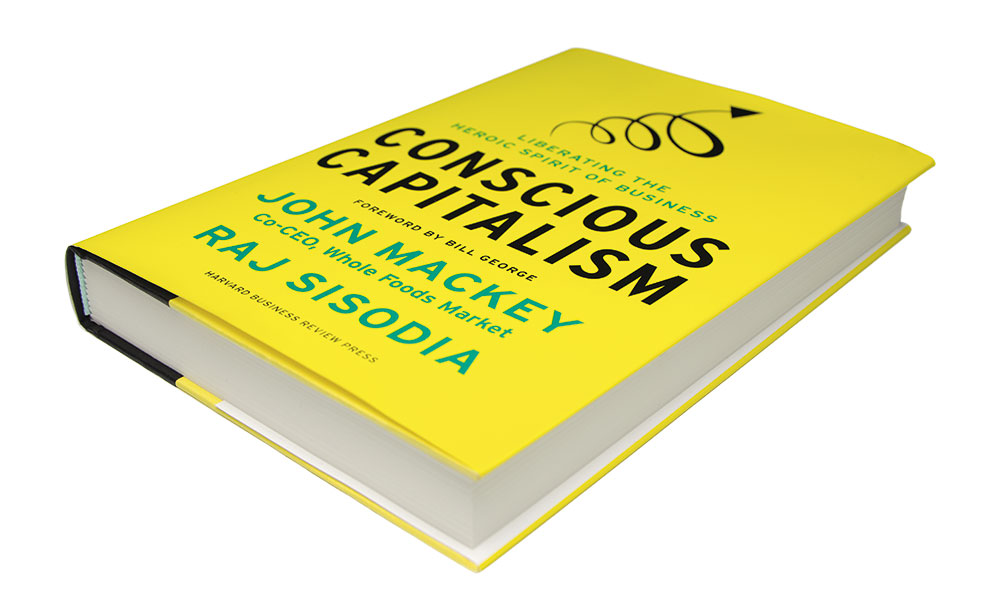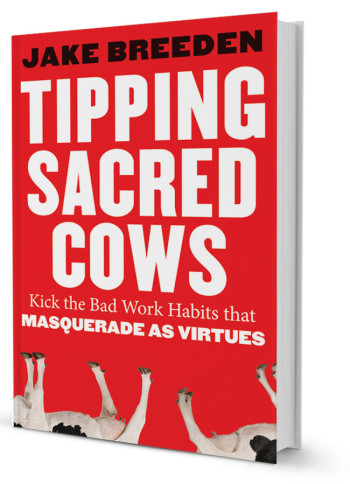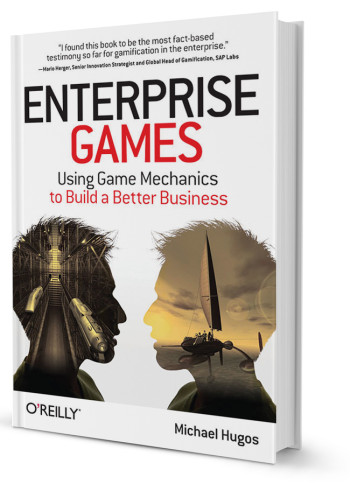
Books: Whole Foods’ Mindful Capitalism
Four ideas that lead to improved lives and better bottom lines from Whole Foods' co-founder, John Mackey.
Conscious Capitalism: Liberating the Heroic Spirit of Business
By John Mackey & Raj Sisodia; Harvard Business Review Press, 368 pages, $27
Few people recall that in 1981 Whole Foods nearly went bankrupt in its toddler years. Now it’s a $13 billion Fortune 500 corporation. The route to the top retail slot for organic foods and produce, though, has been rocky and continuous, according to co-founder/co-CEO John Mackey and nonprofit leader and professor Raj Sisodia in their book Conscious Capitalism: Liberating the Heroic Spirit of Business.
Mackey uses that trek, along with his personal, sometimes-painful leadership journey to explore how “the inherent good in capitalism” can translate into improved lives and better business bottom lines.
Association leaders may find most useful the stakeholder section of the book, where the authors offer advice on developing loyal customers; inspired team members (staff); collaborative, innovative suppliers; healthy communities and environments; and an external circle of supportive stakeholders.
The supplier relationship gets serious love, with the authors noting that “as much as 70 to 80 percent of the value the average [organization] provides its customers is created by suppliers.”
So, too, do staff-motivation techniques. Whole Foods boasts a below-10-percent turnover rate of full-time employees, has workers vote annually on their benefits package, trains incessantly, and insists teams vote on whether new employees fit the culture.
Like a trip to Whole Foods, you may not buy everything Mackey offers, but overall, the book rings up as good value and good for you.

Tipping Sacred Cows: Kick the Bad Work Habits That Masquerade As Virtues
By Jake Breeden; Jossey-Bass, 224 pages, $29.95
the unusual virtues-as-vices focus of Tipping Sacred Cows makes this book worth a pick-up, especially if you pride yourself on having seven generally praise-worthy attributes such as creativity, excellence, and fairness. “You must be careful of unintended consequences—the damage that can be done in their names when [such traits] remain unexamined,” writes Breeden, an executive training leader. For instance, “preparation becomes a sacred cow for leaders when they hide out and study, polishing slides for hours and falling in love with their own ideas,” he writes. Alternatively, leaders should practice improvisation, focus more on technical execution, and learn by doing. Most professionals will likely spot at least one cow worth tipping.

Enterprise Games: Using Game Mechanics to Build a Better Business
By Michael Hugos; O’Reilly Media, 199 pages, $24.99
“Games are as powerful a model for organizing knowledge and creative work today as the assembly line was for organizing industrial and repetitive work 100 years ago,” says award-winning- CIO and author Michael Hugos. In non-techie language, he lays out the defining traits of a game—goals, rules, feedback systems, and voluntary participation—and persuasively shows why organizations should embrace games to accomplish everything from accelerated decision-making to boosted customer service. This is a thought-provoking look into an area that associations have only tepidly explored and shows why it’s time for organizational leaders to take gaming more seriously and apply its mechanics into core operations and strategies.






Comments